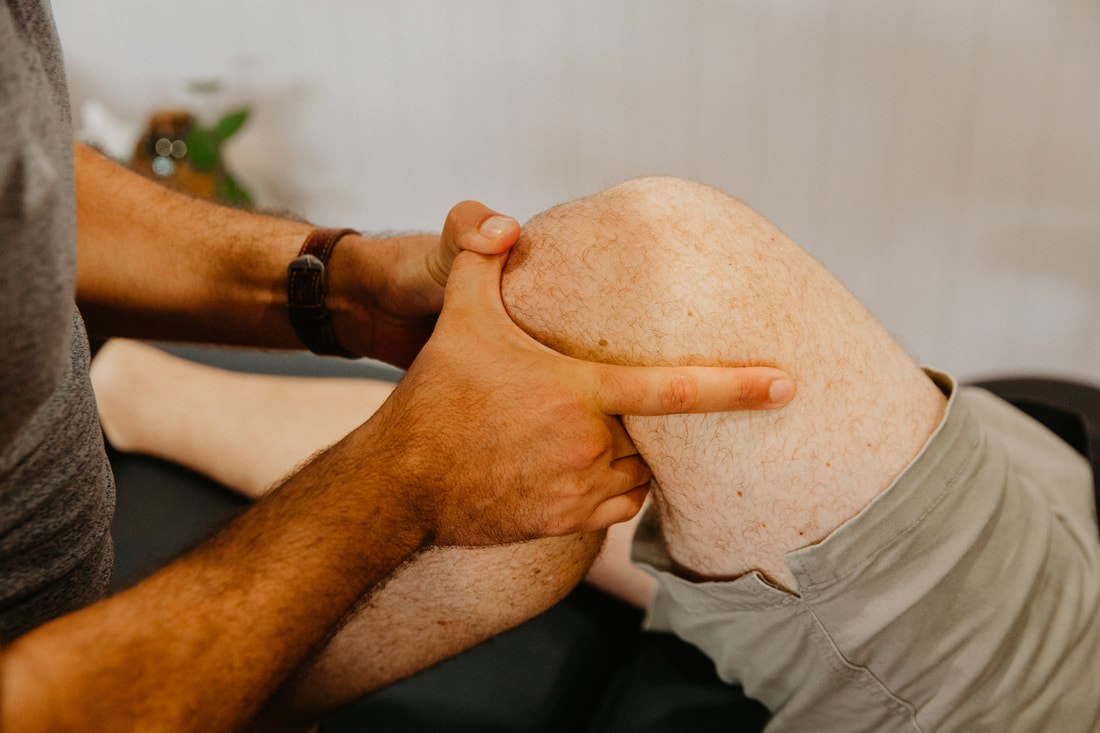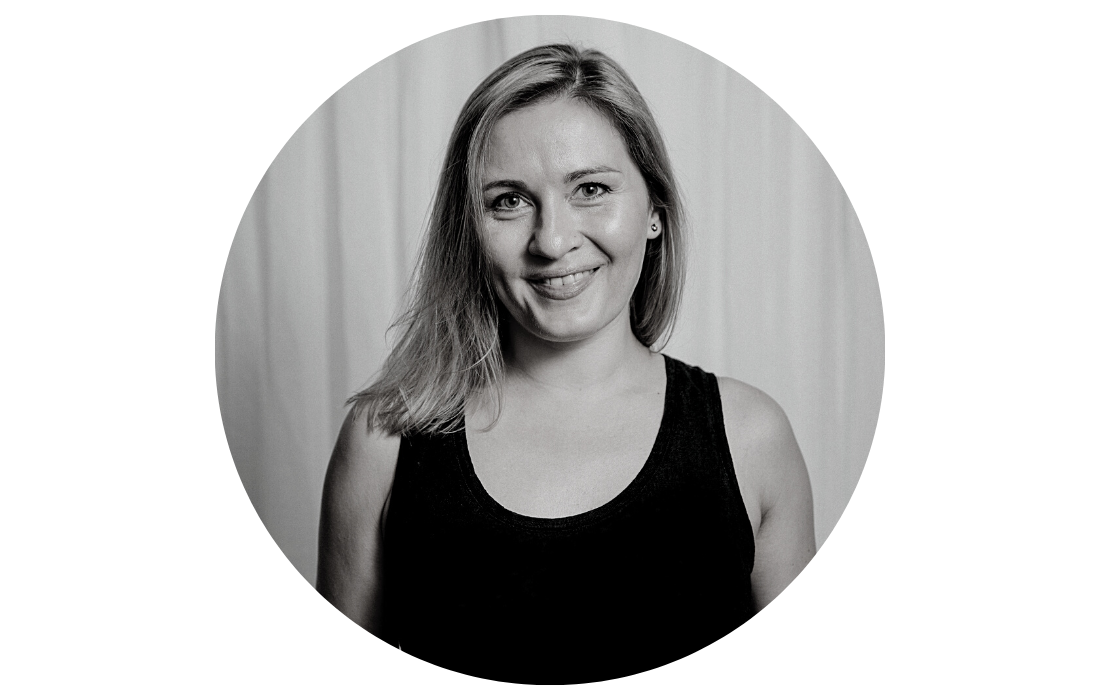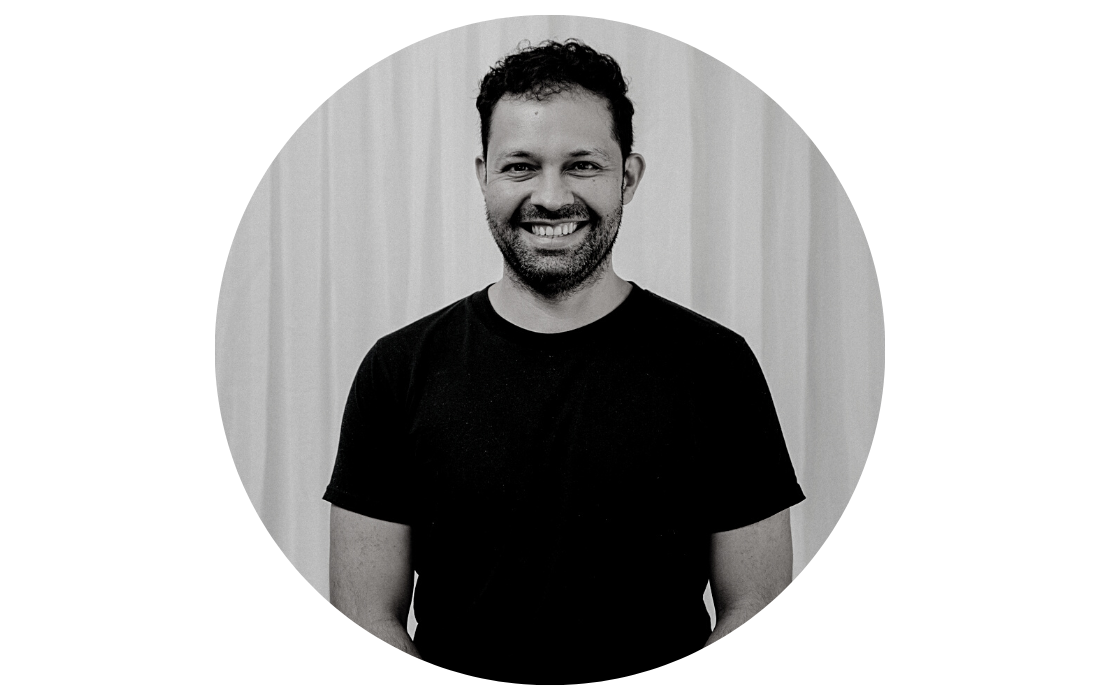Patellar Tendinopathy (Jumper's Knee) physiotherapy Brisbane southside.
Jumper's knee, also known as patellar tendinopathy or patellar tendinitis, is a common overuse injury affecting the patellar tendon, which connects the kneecap to the shinbone. It is most commonly seen in athletes who engage in sports that involve repetitive jumping or explosive movements such as basketball, volleyball, or high jump. Patellar tendinopathy is characterised by pain and stiffness in the front of the knee, just below the kneecap.
How is Jumper's Knee (Patellar Tendinopathy) Diagnosed?
A physiotherapist will conduct a thorough examination to diagnose patellar tendinopathy. This may involve asking questions about the patient's medical history and physical activity, assessing the range of motion in the knee, and palpating the knee to check for tenderness and swelling. Imaging tests such as ultrasound or MRI may be ordered to confirm the diagnosis and assess the severity of the condition.
How can Physiotherapy Help after Jumper's Knee Diagnosis?
Physiotherapy is a crucial part of the management of patellar tendinopathy. A physiotherapist will work with the patient to develop a personalised treatment plan to address their specific needs. The treatment plan may include:
How can Clinical Pilates Help with Jumper's Knee?
Clinical Pilates is a form of exercise that focuses on developing core stability, posture, and balance. It can be beneficial for patients with patellar tendinopathy as it can help to improve muscle strength, flexibility, and overall fitness without putting undue stress on the knee. A physiotherapist can design a personalised Pilates program for the patient that is tailored to their specific needs and goals.
How do you prevent Jumper's Knee?
Prognosis: What is the Prognosis for Jumper's Knee?
The prognosis for patellar tendinopathy varies depending on the severity of the injury, the patient's age and activity level, and the success of treatment. With appropriate treatment, including physiotherapy and exercise therapy, most patients with patellar tendinopathy can expect a significant reduction in pain and improvement in function within 3-6 months. However, in some cases, full recovery may take up to 12 months or longer. A physiotherapist can provide the patient with more detailed information about the expected outcomes of treatment based on their specific condition and goals.
Referral: When Should You be Referred for Jumper's Knee?
In some cases, a referral to a specialist may be necessary for further evaluation or treatment. This may include:
If you have been diagnosed with or suspect a jumper's knee diagnoses we would love to help. Call our friendly Tarragindi and Coorparoo Physiotherapy clinics a call on 07 3706 3407, email [email protected] or make your initial appointment booking via the link below.
How is Jumper's Knee (Patellar Tendinopathy) Diagnosed?
A physiotherapist will conduct a thorough examination to diagnose patellar tendinopathy. This may involve asking questions about the patient's medical history and physical activity, assessing the range of motion in the knee, and palpating the knee to check for tenderness and swelling. Imaging tests such as ultrasound or MRI may be ordered to confirm the diagnosis and assess the severity of the condition.
How can Physiotherapy Help after Jumper's Knee Diagnosis?
Physiotherapy is a crucial part of the management of patellar tendinopathy. A physiotherapist will work with the patient to develop a personalised treatment plan to address their specific needs. The treatment plan may include:
- Education: The physiotherapist will educate the patient about the nature of their condition, including the causes, symptoms, and expected outcomes.
- Exercise: The physiotherapist will design an exercise program to help strengthen the muscles around the knee, including the quadriceps and hamstrings. This may involve exercises such as squats, lunges, and leg presses.
- Manual Therapy: The physiotherapist may use manual therapy techniques such as massage or myofascial release to reduce pain and improve flexibility in the knee.
- Taping: The physiotherapist may use taping techniques to provide support and alleviate pain in the knee.
- Modalities: The physiotherapist may use modalities such as ultrasound or electrical stimulation to reduce pain and inflammation.
- Activity Modification: The physiotherapist may recommend modifications to the patient's physical activity to reduce the load on the knee and promote healing.
How can Clinical Pilates Help with Jumper's Knee?
Clinical Pilates is a form of exercise that focuses on developing core stability, posture, and balance. It can be beneficial for patients with patellar tendinopathy as it can help to improve muscle strength, flexibility, and overall fitness without putting undue stress on the knee. A physiotherapist can design a personalised Pilates program for the patient that is tailored to their specific needs and goals.
How do you prevent Jumper's Knee?
- Proper Warm-up and Stretching: A proper warm-up and stretching routine can help to prepare the muscles for activity and reduce the risk of injury. A physiotherapist can design a personalised warm-up and stretching program for the patient based on their specific needs and goals.
- Gradual Progression of Exercise Intensity: Gradually increasing the intensity of exercise can help to prevent overuse injuries such as patellar tendinopathy. A physiotherapist can advise the patient on the appropriate progression of exercise intensity based on their level of fitness and activity goals.
- Appropriate Footwear: Wearing appropriate footwear can help to support the foot and ankle and reduce the load on the knee. A physiotherapist can recommend appropriate footwear for the patient based on their foot type and activity level.
- Muscle Strengthening: Strengthening the muscles around the knee, including the quadriceps and hamstrings, can help to reduce the load on the patellar tendon and prevent injury. A physiotherapist can design a personalised exercise program to target these muscles and improve overall strength and stability.
- Activity Modification: Modifying activity to reduce the load on the knee can help to prevent overuse injuries such as patellar tendinopathy. A physiotherapist can advise the patient on appropriate modifications to their physical activity based on their specific needs and goals.
Prognosis: What is the Prognosis for Jumper's Knee?
The prognosis for patellar tendinopathy varies depending on the severity of the injury, the patient's age and activity level, and the success of treatment. With appropriate treatment, including physiotherapy and exercise therapy, most patients with patellar tendinopathy can expect a significant reduction in pain and improvement in function within 3-6 months. However, in some cases, full recovery may take up to 12 months or longer. A physiotherapist can provide the patient with more detailed information about the expected outcomes of treatment based on their specific condition and goals.
Referral: When Should You be Referred for Jumper's Knee?
In some cases, a referral to a specialist may be necessary for further evaluation or treatment. This may include:
- Severe Pain: If the patient experiences severe pain or swelling that does not improve with conservative treatment, a referral to a specialist may be necessary.
- Failed Conservative Treatment: If the patient does not respond to conservative treatment, such as physiotherapy and exercise therapy, a referral to a specialist may be necessary.
- Surgical Intervention: If the patient requires surgical intervention, a referral to an orthopedic surgeon may be necessary. A physiotherapist can provide the patient with information about the surgical options available and the expected outcomes of surgery.
If you have been diagnosed with or suspect a jumper's knee diagnoses we would love to help. Call our friendly Tarragindi and Coorparoo Physiotherapy clinics a call on 07 3706 3407, email [email protected] or make your initial appointment booking via the link below.
Who to book in with:
Yulia Khasyanova
|
Mauricio Bara
|


